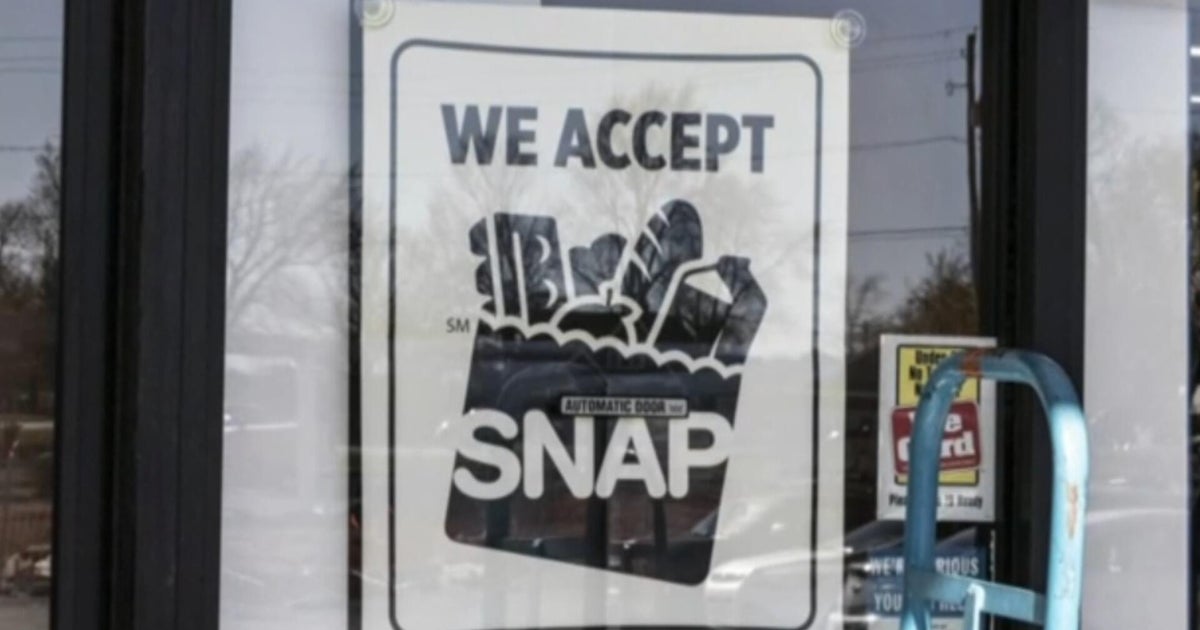A federal program that provides food assistance to more than 40 million Americans has been scaled back. The Congressional Budget Office estimates 2.4 million fewer people will now qualify for the Supplemental Nutrition Assistance Program, or SNAP, under Presi…
Why it matters
- The reduction in eligibility for SNAP could lead to increased food insecurity for millions of low-income Americans.
- The Congressional Budget Office projects that the changes will primarily impact families with children and the elderly.
- These alterations may result in higher demand for food banks and community assistance programs across the country.
In a notable shift, a federal initiative designed to assist over 40 million Americans with their food needs has been curtailed, sparking concerns about the potential consequences for low-income households. The Supplemental Nutrition Assistance Program (SNAP), commonly known as food stamps, is facing significant eligibility reductions, with the Congressional Budget Office (CBO) estimating that around 2.4 million fewer individuals will qualify for benefits as a result of these changes.
This decision comes amid ongoing debates regarding government spending and welfare programs, with advocates for low-income individuals voicing their concerns about the implications of reduced support. With SNAP being a crucial lifeline for many families, the ramifications of the program's adjustments could exacerbate food insecurity among vulnerable populations.
The modifications to SNAP eligibility are part of a broader strategy to curb federal expenditures, which has been a focal point for lawmakers in recent years. The CBO's projections indicate that the tightening of eligibility criteria will predominantly impact families with children, seniors, and individuals with disabilities—demographic groups that already struggle with access to nutritious food.
Proponents of the changes argue that the program has grown too lenient and that a reassessment is necessary to ensure that assistance is directed to those most in need. Conversely, critics warn that decreasing access to food assistance could push more families into poverty and increase reliance on food banks and charitable organizations.
Local food banks are already bracing for an uptick in demand as many families may find themselves unable to afford basic groceries without SNAP support. Many organizations are mobilizing to prepare for what they anticipate will be a surge in requests for assistance.
Moreover, the impact of this policy shift is expected to ripple through communities, potentially leading to increased strain on public health systems as malnutrition and diet-related diseases become more prevalent. Health experts emphasize that access to food is not just an economic issue but a fundamental component of public health. When people are unable to afford proper nutrition, it can lead to a host of health problems, including obesity, diabetes, and heart disease.
As the federal government implements these changes, state governments are also revisiting their own policies regarding food assistance programs. Some states may seek to fill the gaps left by SNAP by enhancing their own assistance programs or providing additional support to local food banks. However, the capacity of state-level initiatives often varies significantly based on budget constraints and local political will.
Public opinion on SNAP and food assistance programs remains divided, and as lawmakers prepare for upcoming elections, the topic is likely to become a contentious issue. Advocates for low-income families are calling for a reevaluation of the changes, urging legislators to consider the long-term consequences of reducing food assistance in an era where economic disparities are widening.
The debate surrounding SNAP not only highlights the challenges faced by low-income Americans but also raises broader questions about the role of government in providing social safety nets. As the landscape of food assistance continues to evolve, the need for comprehensive and compassionate solutions remains critical.
In summary, the recent federal adjustments to SNAP eligibility signify a pivotal moment for food assistance in the United States, with potential implications that could affect millions of individuals and families. As communities rally to support those in need, the broader conversation about poverty, food security, and government responsibility is likely to intensify in the coming months.











